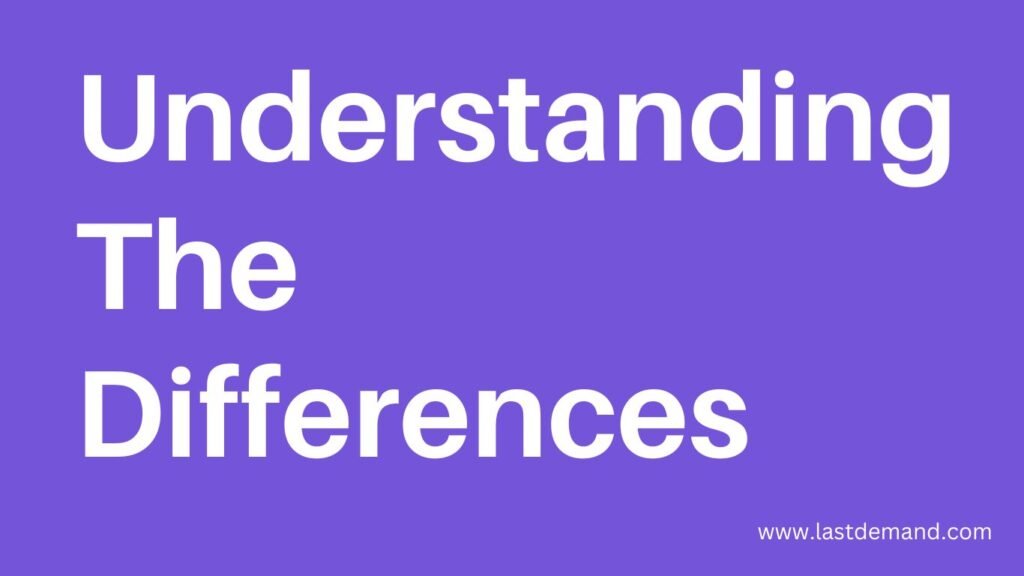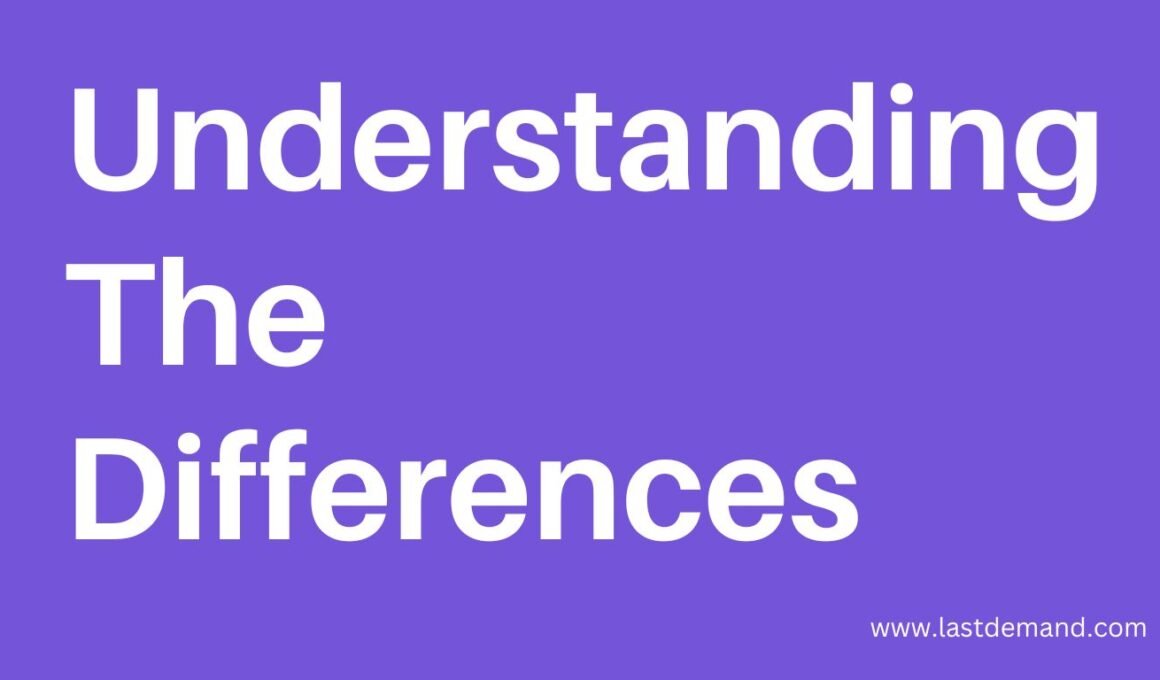Recovery of past-due payments from people or companies is the practice of debt collection. First party and third party collections are the two main categories of debt collection. The main distinctions between these two approaches of debt collection are examined in this article, along with their effects.

The financial industry gives debt collection, which tries to recover unpaid debts from people or businesses, a high priority. Depending on the circumstances and parties involved, the two main methods of collecting debt are first party and third party collections.
What is First-Party Debt Collection?
The creditor makes an effort to collect the past-due payments from the debtor, this is referred to as first party debt collection, also known as in-house debt collection. In this case, the creditor keeps up direct communication with the debtor with constant demand for the collection procedure.
How Does First-Party Debt Collection Work?
When a debtor fails to make timely payments, the creditor tries to make efforts in the 1st party debt collection process. The creditor’s in-house collection department or dedicated team takes on the responsibility of contacting the debtor to recover the outstanding amount. They may use various communication channels like phone calls, emails, or letters to remind and negotiate with the debtor.
Advantages of First-Party Debt Collection
1st party debt collection offers several advantages for the original creditor:
- The creditor works directly together with the debtor, they are able to maintain their good name and satisfy their clients.
- The original creditor typically has access to more information on the debtor’s financial situation, they can modify the repayment plans to take it into account.
- By managing the collection process internally, the creditor can avoid paying fees or commissions to outside parties.
Restrictions in First-Party Debt Collection
However, there are restrictions to 1st party debt collection:
- In-house collection departments may lack the necessary resources and expertise to effectively recover debts, leading to lower success rates.
- Devoting time and effort to debt collection can divert internal resources from core business activities, affecting productivity.
- Creditors must follow state and federal laws governing debt collection practices, ensuring obedience throughout the process.
What is 3rd Party Debt Collection?
Third party debt collection involves the engagement of an external agency or a debt collection company to recover outstanding debts on behalf of the original creditor. These agencies specialize in debt collection and often operate independently from the creditor.
How Does third-Party Debt Collection Work?
When a creditor decides to engage a third party debt collector, they assign the due accounts to the agency. The task of chasing the debtor for payment is then taken on by the debt collection company. On behalf of the creditor, they contact the debtor, make agreements, and collect the unpaid balances using their knowledge and resources.
Advantages of third-Party Debt Collection
Third party debt collection offers several advantages for creditors:
- Debt collection agencies specialize in recovering outstanding debts and have extensive experience and knowledge in this field. They use trained professionals who understand the best strategies to recover payments.
- Outsourcing debt collection to a third party allows the creditor to focus on their core business activities while leaving the collection process to experts.
- Debt collection agencies often have a higher success rate in recovering debts due to their specialized skills, tools, and negotiation techniques.
Limitations of third Party Collection
However, there are several restrictions to take into account when using third parties to recover debt:
- Due to the fact that third party debt collectors are independent from the original creditor, there is a chance that the collection procedure will sour the client-relationship.
- There are extra charges associated with using a third party debt collector, such as commissions or fees dependent on the amount collected. These costs need to be considered in the overall debt recovery plan.
- The debt collection agency must obey applicable laws and regulations governing debt collection practices. The defiance can lead to legal issues and reputational damage.
Legal Aspects of Debt Collection
Debt collection is subject to various legal regulations to ensure fair and ethical practices. These regulations protect debtors from harassment and unfair treatment by creditors and debt collection agencies. The Fair Debt Collection Practices Act (FDCPA) in the United States and comparable laws in other nations are examples of common legal features.
Requirements for Debt Collectors
Third party and first party collections must abide by certain rules. They must be conscious of their responsibilities under the law, which include giving accurate information, confirming debts, and upholding debtor rights. Penalties and legal repercussions may occur from failure to adhere to these standards.
Understanding between First-Party and Third-Party Debt Collection
Creditors must weigh a variety of criteria when choosing between first party and third party debt collections, including the kind of debt, their internal resources, regulatory obligations, and any potential repercussions on client relationships. It is advisable to make a decision based on the specific demands and objectives of the creditor because each alternative has benefits and drawbacks.
Best Practices for Effective Debt Collection
Regardless of whether creditors opt for first party or third party debt collection, certain best practices can enhance the effectiveness of debt recovery:
- Establish clear payment terms: Communicate payment terms to debtors, including due dates, consequences of late payment, and potential collection actions.
- Maintain accurate records: Maintain detailed records of all transactions, communications, and agreements with debtors. These records serve as evidence in case of disputes or legal proceedings.
- Adopt a practical approach: Act quickly when payment becomes overdue, initiating timely reminders and collection efforts to increase the chances of successful recovery.
- Utilize technology: use technological solutions such as debt collection software to automate processes, track accounts, and improve overall efficiency.
- Train collection staff: Provide training to collection staff on effective communication, negotiation techniques, and legal obedience to ensure professional and ethical debt collection practices.
Understanding the differences between first party and third party collections is important for creditors looking for effective debt recovery plans. While first party collections allow creditors to maintain control and customer relationships, third party collections offer specialized expertise and resource efficiency. By considering the advantages, limitations, and compliance requirements of each option, creditors can make informed decisions and optimize their debt collection efforts. And their work can be made easy by the use of online debt collections software, Last Demand.








